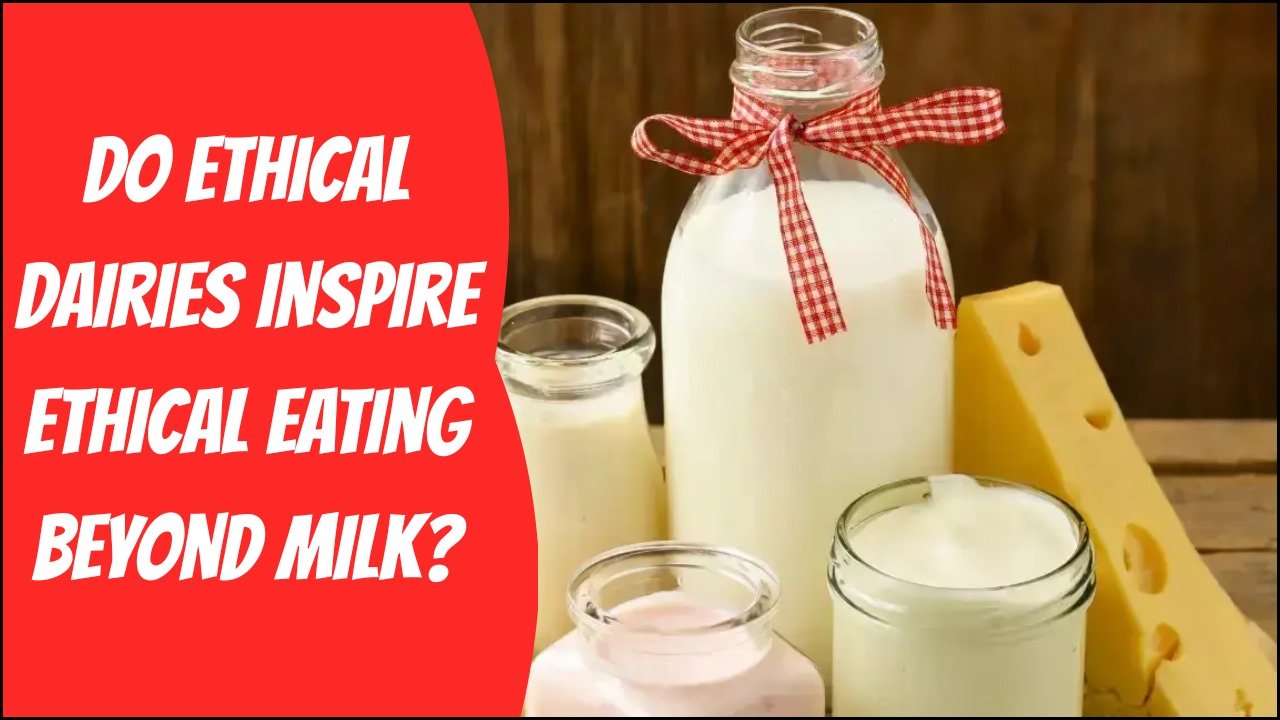
Studying in Scotland provides an enriching opportunity to experience a vibrant culture, meet welcoming people, and explore a distinctive academic environment. A shift to any foreign land demands preparation — both emotionally and practically. With Scotland’s warm hospitality and educational excellence, adapting can be a smooth journey if one is aware of cultural nuances, local customs, and practical requirements. This article outlines key aspects to help international students settle in with confidence and ease.
Table of Contents
Reasons to Study in Scotland
- Rich Culture: Traditional music, food, literature, and poetry form a rich Scottish tapestry.
- Welcoming Environment: Scots are renowned for their friendliness and warmth toward newcomers.
- Natural Beauty: Scenic landscapes with lochs, highlands, and castles provide memorable experiences.
- Academic Excellence: Scottish institutions are globally respected for their teaching quality and research.
- Cultural Learning: Living in Scotland provides a unique chance to embrace different worldviews and customs.
Helpful Online Course
British Council Free Course
- Provider: British Council via FutureLearn
- Objective: Help international students prepare to live and study in the UK
- Features:
- Insights into the UK higher education structure
- Self-study skills development
- Tips for studying in English
- Realistic preview of life in the UK
- Recommendation: Enrol early to gain confidence and clarity before arrival.
Essential Practicalities for Settling In
| Aspect | Details |
|---|---|
| Food | Local markets and supermarkets offer both Scottish and international options. |
| Healthcare | NHS services are available; register with a local GP upon arrival. |
| Transport | Well-connected public transport, including buses, trains, and bike paths. |
| Banking | UK bank accounts are essential; most banks offer student-specific services. |
| Mobile & Internet | Multiple providers with student discounts; online comparison helps save money. |
| Weather | Often unpredictable; pack for cold, rain, and occasional sunshine. |
Understanding Scottish Social Norms
| Topic | Cultural Expectation |
|---|---|
| Small Talk | Talk about local events, weather, or hobbies. Avoid personal questions early on. |
| Timekeeping | Being punctual is important. Arrive at least 5 minutes early for classes or meetings. |
| Politeness | Use ‘please’, ‘thank you’, and ‘sorry’ often. Always queue patiently. |
| Greetings | Say “Hello” or “Hi”. Physical contact is usually reserved for close friends or family. |
| Addressing People | First names are common, even for professors. Use “Dear + First Name” in emails. |
| Invitations | Phrases like “come anytime” are casual. Wait for formal invites with time and date. |
Adjusting to Cultural Differences
Every international student faces cultural adaptation. Recognizing and embracing these feelings helps reduce anxiety and increases cultural understanding.
Stages of Culture Shock
| Stage | Description |
|---|---|
| Honeymoon | Initial excitement about new surroundings, people, and routines. |
| Crisis | Feelings of frustration or homesickness due to unfamiliar norms. |
| Adjustment | Understanding and accepting differences; building new routines. |
| Acceptance | Feeling comfortable and confident in the new environment. |
Tips to Feel More ‘At Home’ in Scotland
- Acknowledge Your Feelings: Understand that emotional ups and downs are a normal part of adjustment.
- Stay Connected to Home: Keep in touch with family and friends. Regular video calls and messages offer comfort.
- Personalize Your Space: Decorate your room with photos, souvenirs, or items that reflect your personality.
- Access Familiar Food: Locate nearby international grocery stores or import essentials online.
- Focus on Wellness: Maintain physical and mental health through good nutrition, rest, and physical activity.
- Expand Your Circle: Build friendships with both local students and those from other countries. Mutual learning fosters a deeper connection.
Quick Tips for Daily Student Life
| Activity | Suggestion |
|---|---|
| Using Public Transport | Get a student travel card for discounts on buses and trains. |
| Library Use | Familiarize yourself with digital resources and borrowing rules. |
| Shopping | Many supermarkets offer discount cards; check for student offers. |
| Part-Time Jobs | Check visa rules before applying. Many students work part-time to support themselves. |
| Exploring the Country | Weekend trips to Edinburgh, Glasgow, the Highlands, and the Islands are highly recommended. |
What Makes SRUC (Scotland’s Rural College) Unique
- Specialized Courses in agriculture, environmental science, and animal care.
- Rural and Urban Campuses allow students to experience Scotland’s diversity.
- Support Services such as international advisors, counseling, and accommodation guidance.
- Sustainability Focus: preparing students for eco-conscious careers.
Checklist Before Moving to Scotland
| Task | Details |
|---|---|
| Secure Accommodation | Choose from university halls or private rentals. Apply early. |
| Arrange Travel and Documents | Keep passport, visa, and academic documents in a safe, accessible folder. |
| Pack Smart | Include warm clothes, waterproof gear, personal medication, and adapters. |
| Complete Online Course | Gain insights into academic expectations and cultural tips. |
| Register with University Services | Join welcome sessions and student support programs upon arrival. |
Closing Reflections
Moving to Scotland for your education offers more than academic enrichment; it opens a door to meaningful cultural immersion and personal growth. By preparing ahead and embracing both challenges and discoveries, students can transform their time in Scotland into a rewarding and unforgettable experience. Taking small yet thoughtful steps can ease the transition and create a strong foundation for academic and personal success.





